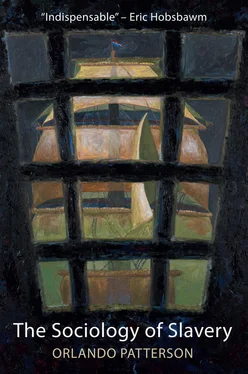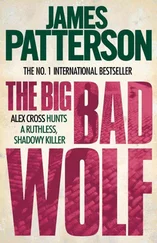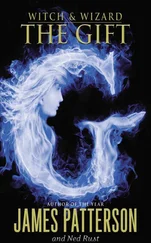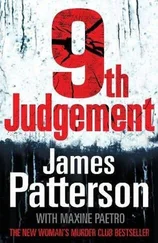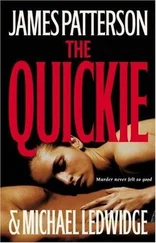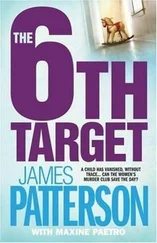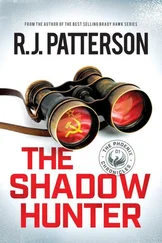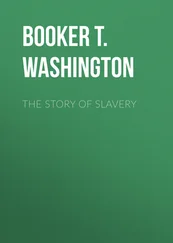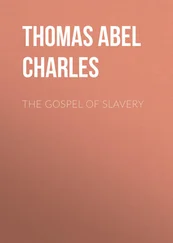West Indian history had just begun to find a place amid the imperial history that still dominated the colonial curriculum of my primary school with its Royal Readers , as well as my secondary education, focused on British history and literature, and I seized every chance to study it. My very first research project was a study of the Morant Bay rebellion, the revolt of former Jamaica enslaved in 1865 that was ferociously put down by the colonial authorities, savagely aided by the Maroons. It won the national essay prize of the Jamaica History Teachers’ association in 1957 and confirmed my decision to study history should I win a scholarship to the recently formed University College of the West Indies. I did win a scholarship to the university, but to my great disbelief, in a typical act of learned imperial arrogance, the Black, Naipaulian mimic men who then ran the university ordered me to major in economics, which was being instituted for the first time in my freshman year and did not have enough applicants, my pleas and those of my distraught high-school history master simply brushed aside. Fortunately, the Economics Department was really an inter-disciplinary group dominated by two eminent social anthropologists, R. T. Smith and M. G. Smith, the sociologist Lloyd Brathwaite, and the demographer George Roberts. All recognized the centrality of history and enslavement for any understanding of the Caribbean. This included the economists of the department, George Cumper and, later, George Beckford. Indeed, Beckford saw the slave plantation and its later developments as so critical for any understanding of West Indian economy that he developed, along with the economist Lloyd Best, what became known as the ‘Plantation Model’ of the Caribbean economy and society. In addition to these interdisciplinary scholars, with whom I was later to work in the New World Group of Caribbean intellectuals, I developed strong friendships with fellow students who shared my historical view of Caribbean scholarship, particularly the political economist Norman Girvan and the historian Walter Rodney.
There were, however, other forces that pulled me to an engagement with European thought and culture, both in my study of slavery and on the development of Europe’s culture of freedom. I arrived in London to begin my research on slavery in 1962, in what was to be the most exciting decade in the modern cultural history of Britain. I soon became deeply immersed in three networks of friends and fellow intellectuals: the West Indian student community, focused on the West Indian Student Centre in Collingham Gardens, Earls Court; the newly emerged New Left Review group that had broken off from the old Oxford New Left; and the literary group of West Indian writers and artists that came to be known as the Caribbean Artists’ Movement, founded mainly by the poet-historian Edward Kamau Brathwaite, its first meeting being held at my flat in London. 2My involvement with the West Indian Students’ Union mainly kept alive my engagement with the broader West Indian society, in much the same way that the University of the West Indies (UWI) had earlier done, and my commitment to return to Jamaica to give back and help in its post-colonial development, a necessary pull, in view of the nearly irresistible temptations of intellectual and cultural life in Britain of the sixties.
My involvement with the new New Left Review group (which had emerged in 1960 from the merger of E. P. Thompson’s New Reasoner and Stuart Hall’s Universities and New Left Review ) came not long after the Perry Anderson take-over that basically sidelined Thompson and the older post-communist left that had started it. I became deeply involved with the group, eventually joining its editorial board, through my relationship with Robin Blackburn, whom I met during his freshman year at LSE after he had been sent down from Oxford. I was soon immersed in the many strands of Marxist thought of the period. Although Blackburn was later to write major studies on slavery and abolition, in his early years he showed little interest in the subject. To the degree that slavery was ever mentioned, it was focused exclusively on the Marxian theory of the slave mode of production, on which Perry Anderson was to later write at length. 3Nonetheless, my later deep involvement with the origins and development of European culture and the role of slavery in the emergence and persistence of its central value, freedom, originated in those intense discussions on the crisis of the left, and the problem of where in the world was Europe going, which preoccupied us in our fortnightly evening sessions. Interestingly, only one member of the circle of intellectuals we cultivated ever expressed any interest in the archival work I was doing on slavery in Jamaica at the time and that was the existential psychologist R. D. Laing, then the rising star of the anti-psychiatry movement who, after one of our meetings when I had vainly raised the subject of the real enslaved of 18th-century Jamaica in contrast to the abstraction of the slave mode of production, pulled me aside and asked what I had learned from my studies about the existential reality of slavery. My answer intrigued him, and I was both surprised and flattered when, a few days later, he invited me to address his experimental group of residential schizophrenic patients and their therapists at Kingsley Hall in Bromley, East London. It was my very first public lecture on slavery, drawing on my dissertation research, my audience, apart from Laing and the other resident psychotherapist, Joseph Berke, being a deeply attentive group of English psychotics, among whom was the then unknown English painter, Mary Barnes who, after the talk, led me by the hand on a guided tour of her grease crayon paintings. Their questions, and the fact that they found the subject so personally engaging, led me to focus more on the problem of the social psychology of slavery that appears in Chapter 6of The Sociology of Slavery.
There was one other important personal experience in England that greatly influenced the writing of The Sociology of Slavery . Not long after we arrived in England, Norman Girvan, Walter Rodney and I received a note from C. L. R James, summoning us to a weekly meeting with him at his London apartment (we never figured out how James came to know of our existence). We obeyed, of course, read every item on the reading list he sent us and, for the better part of a university term, we literally sat at the feet of the great man – there were not enough chairs in his modest flat, but the seating arrangement was symbolically appropriate – and listened to his interpretation of Marxism, with its strongly Trotskyite slant. James, of course, had been a friend of Trotsky, so the three of us were simply awed at the fact that we were getting the true vision of Marxist theory from someone who had got it from the horse’s mouth of one of Marxism’s founding fathers. Interestingly, James made no attempt to change my approach to the study of slavery in Jamaica, grounded theoretically more in Hobbes than Marx and, indeed, encouraged me to probe as deeply as I could into the lives and mode of survival of the enslaved. His deep interest in Caribbean society superseded any theoretical interest he may have had when discussing my work with me. Never once did he raise the subject of the slave mode of production. He had only recently returned from Trinidad, where he had been deeply involved with the decolonization movement before his final split with Eric Williams and was writing the appendix to the 1963 edition of the Black Jacobins , 4entitled, ‘From Toussaint L’Ouverture to Fidel Castro’, to which he occasionally referred during our meetings.
The contrast with my New Left associates could not have been greater. We both agreed that, as West Indians, all our problems and cultural distinctiveness originated in slavery and the succeeding colonial situation. At the time, James was also writing one of his great classic studies, Beyond a Boundary , on the role of cricket in West Indian culture; his very grounded treatment of the subject was similar to my own approach to Jamaican slavery and underdevelopment. James was also instrumental in the publication of my first novel, The Children of Sisyphus , which he recommended to his publisher, without even asking me, after reading the manuscript that I had nervously left with him after one of our meetings, later writing a long and very favourable review article on it. 5My admiration, and gratitude for all I had learned from him during those Friday evening listenings, was partly expressed in the dedication of The Sociology of Slavery to him.
Читать дальше
